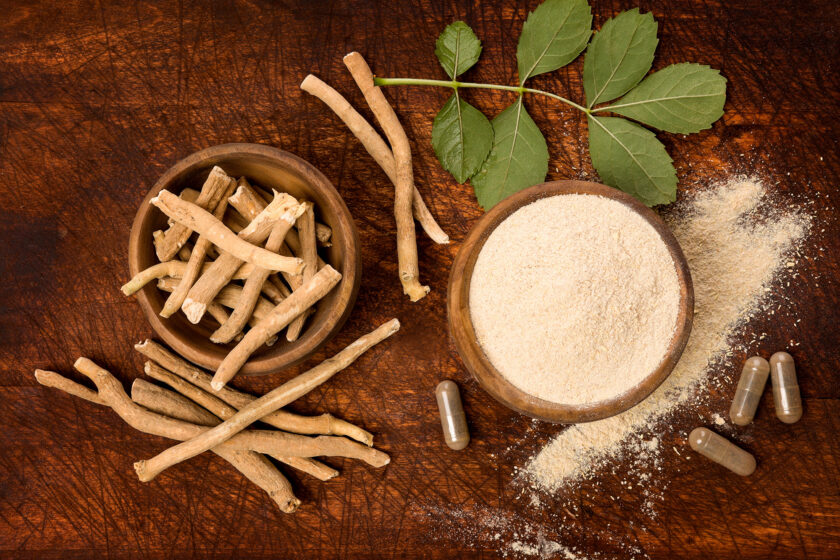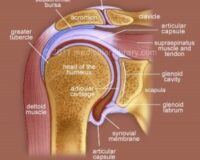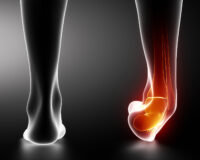
As Strong As A Horse
From early on in my training I was captivated by the wonder of herbal medicines.
Here was a gift of nature – literally.
Plant compounds that would interact with our bodies in a positive healing way. Plants that stop bleeding, plants that help headaches, plants that improve digestion, or stop diarrhoea, or counter skin infections.
The list is endless, but the quality that seemed most astonishing was that plants can help mediate the impact of stress in our body. Physical stress, emotional stress, environmental stress. Here was a natural medicine for a very modern day problem that is a contributing factor to so many of today’s chronic diseases.
There is a particular class of herbs that are called “adaptogens” that have this quality.
Now you might think this is a recent term but this name was coined by the Russia pharmacologist Lazarev in 1947, who was an early researcher of these herbs.
Adaptogens influence our physiology so we adapt better to psychological, physical and environmental stressors.
When we are exposed to stress, a number of hormones in our bodies rise so that we can respond to the stressor. But after the stress is over these hormones should return to normal. But with chronic stress that capacity to normalise is gradually lost – and our bodies remain in a stress-aroused state. This is like constantly being on alert…and is ultimately exhausting.
The adaptogens help our body to return to normal in the face of chronic stressors. We know they can lower elevated cortisol (the stress hormone) helping you manage the constant stress, as well as reducing anxiety and improving fatigue.
Early research on adaptogens was conducted in Russia where it focused on physical and chemical stressors that miners, soldiers and athletes were exposed to. Clinical trials showed increased stamina and reduced chronic stress, and it was validated sufficiently to be used widely by the government with their troops and the cosmonauts.
There are only about a dozen herbs in the huge world of herbal medicines that have this quality. Some will be familiar to you; Ginseng, Macca and Licorice. Others you may have heard of; Withania, Astragalus and Siberian Ginseng.
It is Withania (or Ashwagandha) that I draw your attention to today.
A humble Indian subcontinent plant that is from the same family as potatoes, its name comes from the Sanskrit meaning “smell of a horse”. Oh lovely I hear you say…but it was so named because the herb was thought to invoke the strength of a horse! In fact some of the early studies were on improving muscle strength in older men, and in improving endurance in athletes.
Indeed Withania has clinical evidence that supports its role as an anti ageing herb. This most likely occurs because of its stress mediating effects, and its role as an anti inflammatory and antioxidant as well as cognition enhancement.
It has also been validated for immunity, anxiety, sleep, fatigue, thyroid problems and male infertility. Also a more recent clinical study showed Withania to be beneficial for chemotherapy associated fatigue in breast cancer patients.
Withania is definitely one of my favourite herbs. It is just the herb for the fatigue of a busy, demanding and multi-tasking life. It is good for young and old, but also for those inbetween years when you are feeling stretched and worn out. Withania is in a number of herbal adrenal formulas and is best combined with other adaptogens. This can be individualised in a liquid herbal formula from your herbalist or Naturopath.
About the author
Shauna Ashewood is a qualified & experienced Naturopath & Medical Herbalist that has a practice at Therapia on Thursdays and Fridays and at Semaphore on Tuesdays and Wednesdays.
References available by request.
www.sanaturopath.com
Contact Reception for an appointment. 8221 5011
Book Appointment



